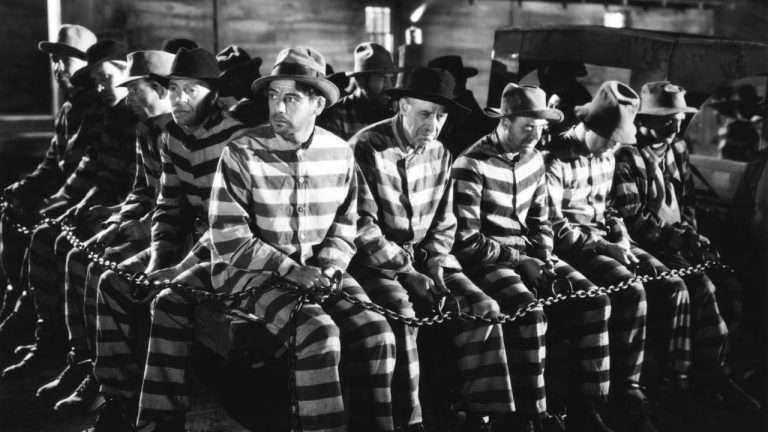In Uruguayan filmmaker, Manuel Nieto Zas’s quietly effective third feature “The Employer and the Employee”, a Directors’ Fortnight selection at the Cannes film festival, the intricacies of the relationship in the eponymous title come into sharp focus. Rodrigo (Nahuel Perez Biscayart) is a rural producer and the manager of a ranch flung into a slump with the quitting of drivers and rainfall. He needs tractor drivers and approaches Lacuesta, who had worked for his family a long time ago.
Lacuesta offers his eighteen-year-old son Carlos (Cristian Borges) for work, despite the latter’s lack of license. A bargain is struck. Rodrigo has to sponsor Carlos for the annual horse race. Rodrigo is embattled with drug charges and has to grapple with his child’s special needs. The viewer is acquainted with his somewhat ineptness in parenting and him as an individual with a questionable sense of responsibility. In a scene, he is chastised for not holding his child properly.
Related to The Employer and the Employee – OF EVIL MEN AND GREAT ARTISTS
Like Rodrigo, Carlos has his own wife and kid though he displays greater emotion for his horse when he leaves. He is a person of the natural elements, a free spirit at his most glorious and ecstatic when he is atop his horse, unwilling to be constrained by the pull of his social roles as a parent and partner, albeit he is dutiful on both counts.
How does a relationship function within the capitalist system of labor? Is any natural trajectory at all possible, unaffected by the obvious layers of definitive social and class hierarchy that are inevitable and immediate to such relationships?
Manuel Nieto proposes an answer veering to a resounding negative, keeping the accent on its sheer improbability undiminished throughout the film’s entire stretch. He puts a laser focus on the minutiae of subtly registering tensions that can undergird and seethe underneath a relationship’s projected consciousness. His interest is in foraging through the fault lines that run deep and inextricably, those of class difference, wealth, status, and privilege, but what is especially remarkable is his observation of the tenuously shifting but elementally static and rigid dimensions of such binding markers across the breadth of generations.
He suggests the nature of privilege might genuflect to the temper of the times only a wee bit, but the inherited isolation in proactive empathy that privilege enables is too overwhelming to be sidestepped and newer, kinder equations forged. Privilege is an heirloom whose span is too significant to accommodate uncharacteristic, potentially risqué modes of navigation through certain relationships that are colored by too much difference at its very nodes.
Also, Read – There Will Be Blood: A Compulsive Capitalist against a Volatile Force of Nature
Nieto’s approach is decidedly low-key. There are heightened moments of dramatic conflict; instead, a more muted, nevertheless distinct unease zips through the situations, the level of intensity carefully pared and held back. The scarring has already been so complete that any gesture to underline the thrust of arguments and confrontation would also betray the very spirit of particular characters.
Of course, there are frequent impressions of primal rage and loss and desperation that skim the surface every now and then, yet directorial moves to emotionally extort the viewer are deliberately absent. Characters manifest agency and resolve in seemingly muffled ways. What is interesting is that the male figures, Rodrigo and Carlos, repress their inner roiling dilemmas and guilt while their wives are more demonstrative and candid in their misgivings and demands. Both Rodrigo and Carlos are plagued by an enormity of guilt. Rodrigo’s father, inured to his sense of ownerships that any entrepreneur of his generation would exhibit, assuages him not to allow any encumbrance of guilt as Carlos had been warned about the accident site. Guilt is an encumbrance in its truest sense which Rodrigo and his class of people wouldn’t even humor, regarding it beneath themselves to weigh and consider finer sentiments of sympathy across the clearly drawn class lines and down the socioeconomic ladder.
Rodrigo attempts to watch out for Carlos on several occasions, preventing the latter from getting embroiled in any icky circumstance. He genuinely invites Carlos to articulate his increasingly troubled emotional interiority but he is wise enough to gauge that any such aspired-for safe spaces between the two is a thing of fantasy, since the two’s socialization into their respective ideologies and intractable positions in the society are insurmountable barriers. The indoctrination to their ways of life and social locations will perpetually impede healthy dialogue and fluid interaction. But Carlos also grows to maneuver he finds himself trapped into his end, so he can satisfy some of his core individual desires and ambitions at least, even if social mobility were impossible.
It is Carlos’s wife Stephanie (Fatima Quintanilla) who verbalizes the unrest brewing in the relationships especially after tragedy hits. She is unequivocal about her distrust of Rodrigo and his kin, and never withholds her grievances and the well of simmering fury within herself. She is not coy or hesitant in communication with the employers’ family. She might not speak much but her flitting gaze holds in itself a mirror of steadfast, ethically punishing indictment to the ways of being Rodrigo’s kind embodies most rashly and scot-free. She reminds them that while Rodrigo might not be as accountable as he ought to be, she can choose to wield some of the fear she has at her disposal on Rodrigo and his family. Once it is hinted at, the menace sears itself into the minds of Stephanie’s subjects She scuppers any likelihood of them brushing the magnitude of the tragedy under the carpet, denying its dismissal from the narrative of their dynamics.
The treatment of reconciling one’s natural impulses to inherited responses is nuanced and complex, as evidenced in the quandary of empathy being disrupted by capitalist frameworks that Rodrigo is hemmed in. We get repetitive wide shots of characters and vehicles traversing the expansive ranches, specks in the landscape, almost implying that they are bound within the larger invisible forces of the well-oiled capitalist machinery, their movement a mindful negotiation of the same. Rural Uruguay is a site of the transaction between two parties neatly separated by the ever-predominant power binary that dictates the sanctioned behavior pattern. Manuel Nieto establishes the daily rites at the ranch, the tractors and its drivers essential to the sight of the operations, also offering glimpses of the unsafe working conditions. The employer knows about the ditch and makes his workers cognizant of it but does not take any further protective steps as in marking out the precarious sections of the terrain.
Related to The Employer and the Employee – Summer White [2020]: ‘Sundance’ Review – A Powerful Coming of Age Tale about Transitioning through Adolescences
Nahuel Perez renders Rodrigo’s moral dilemmas with a mix of grasping uncertainty and a sense of being tied to his place, in a tone that is resigned and sobering. Cristian is more sullen and weary, his taciturn self opening up with majestic self-expression. The two drive the central contentious relationship in all its fluctuations with humility, perfectly capturing the beats of the association that can only stay unresolved and teeming with unsettled scores. Manuel Nieto’s film is ultimately a questioning of the space and scope for humanity in the fiercely individualistic, ego-centric capitalist society where mercenary incentives trump basic decency.

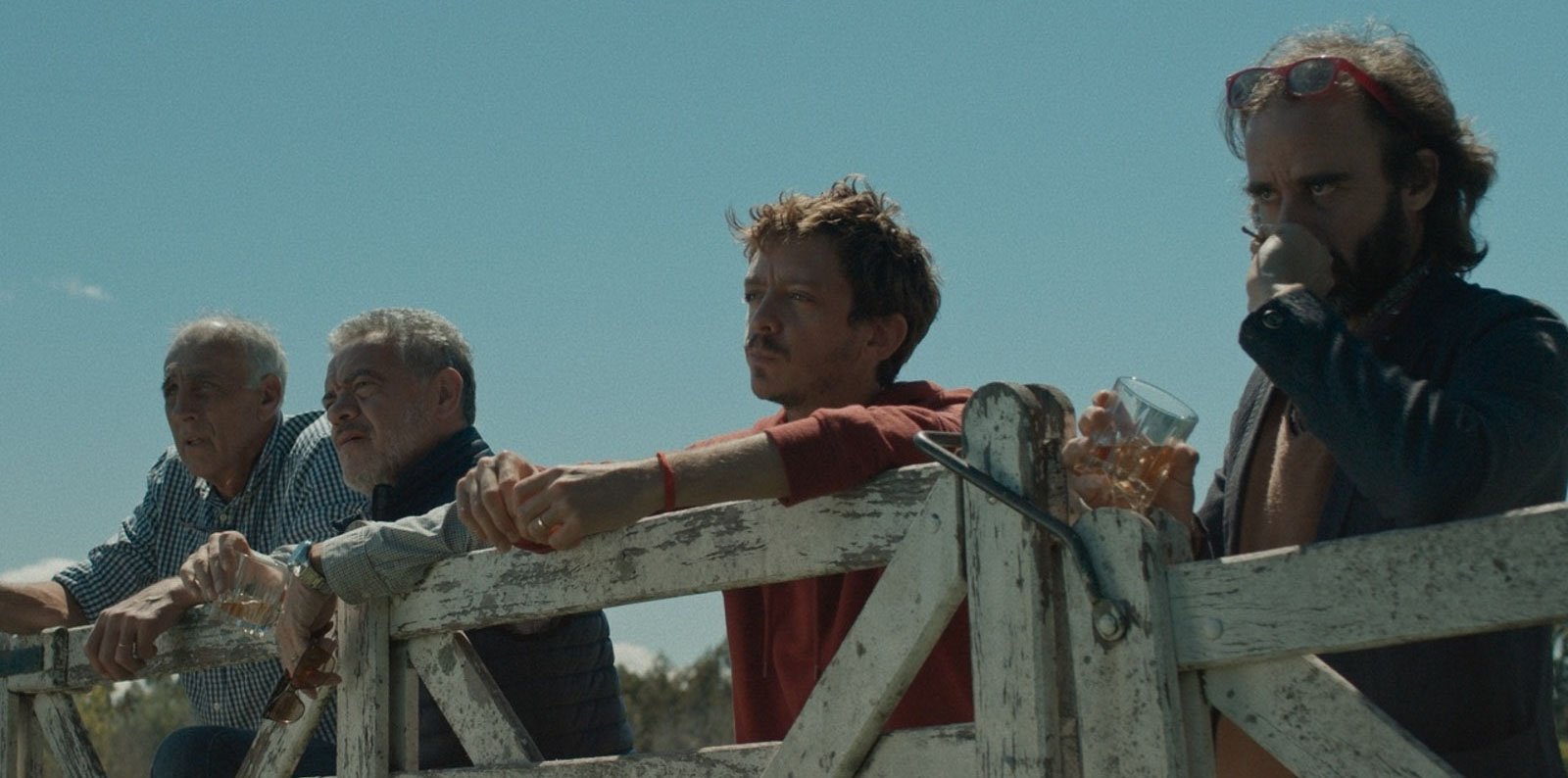
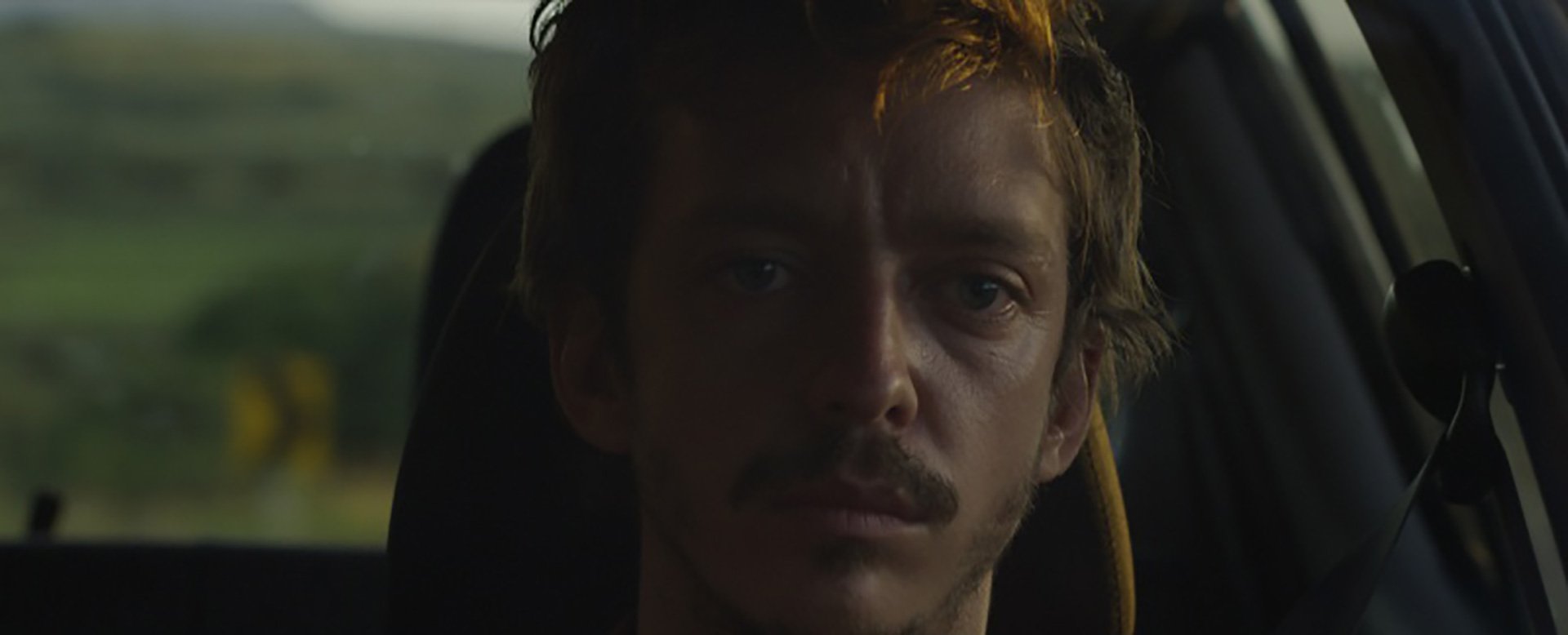


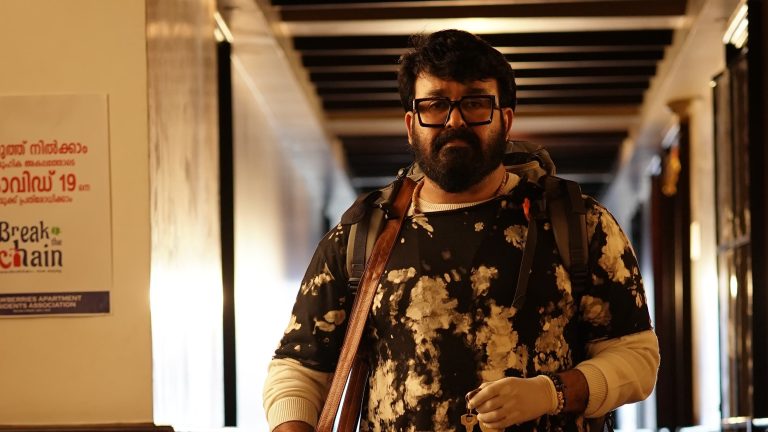

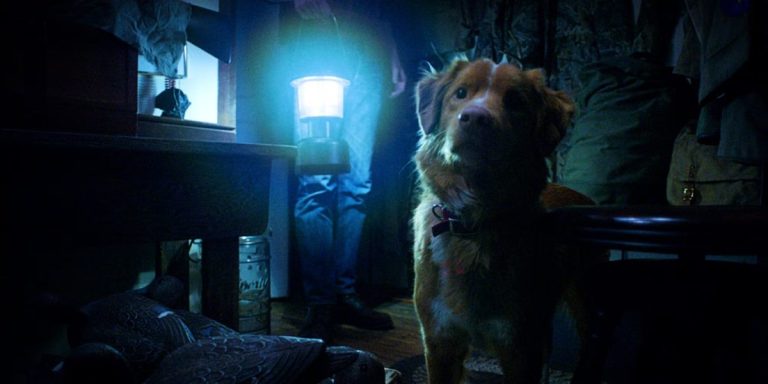
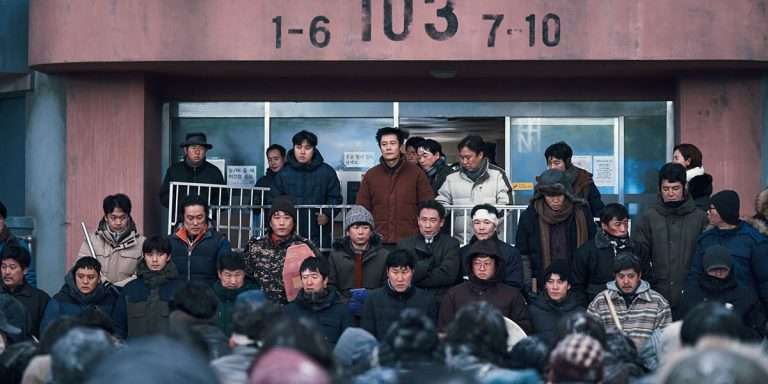
![Asuran [2019] Review – A Viscerally Intense Drama on Caste Discrimination](https://79468c92.delivery.rocketcdn.me/wp-content/uploads/2019/10/Asuran-2019-768x427.jpg)
